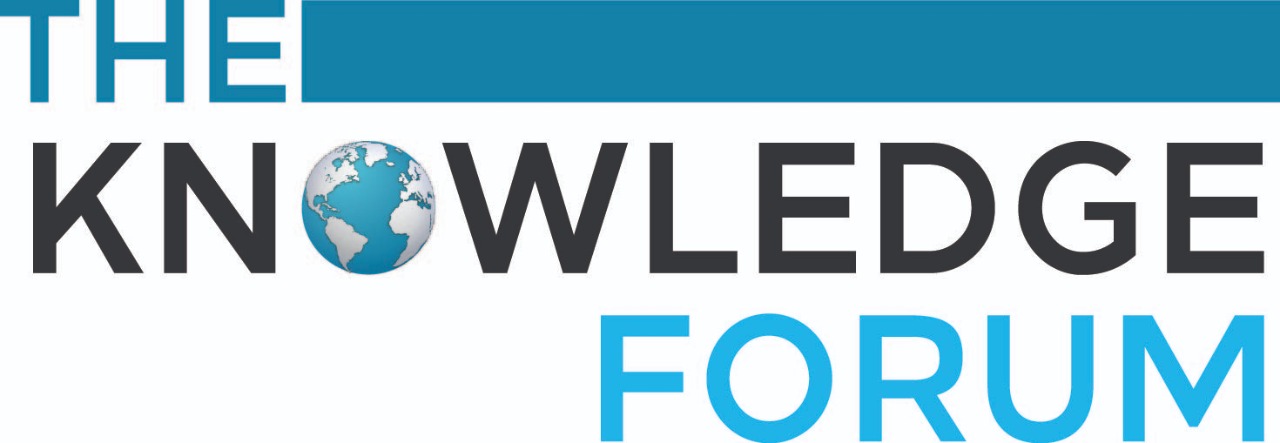Pakistan Bulletin
An up-to-date and informed analyses of key issues of Pakistan.
GSP+ Scheme and Pakistan
December 2023
Pakistan being one of the largest beneficiaries of the European Union’s Generalised Scheme of Preferences Plus, has struggled to translate its benefits into achievements in democratic consolidation, socioeconomic development and protection of the rights of vulnerable communities.
With regard to GSP+ compliance obligations, the broader consensus is that the status of labour and human rights compliance has remained compromised in beneficiary countries, including Pakistan.
The examples of both Sri Lanka and Pakistan highlight a concerning trend. Despite increased global connectivity, assistance from International Financial Institutions and the EU’s incentivized trade facilities, the economies of these developing countries experienced a significant decline.
Muhammad Rafique
Author
Muhammad Rafique is human and labour rights expert. He holds M.A in Political Science.

Get the latest news and updates from our team
